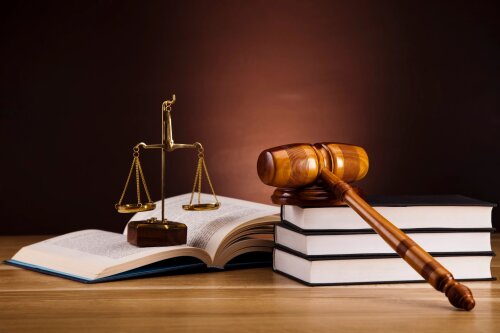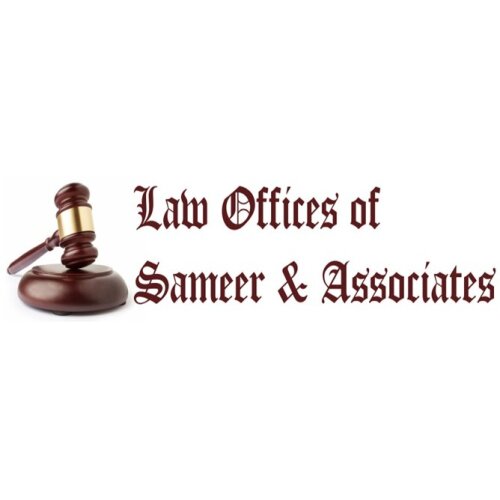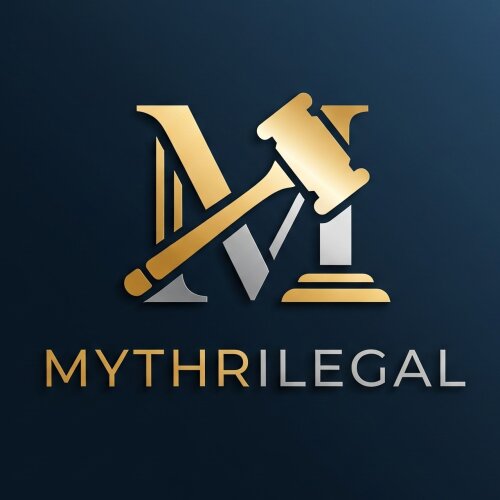Best Creditor Lawyers in Hyderabad
Share your needs with us, get contacted by law firms.
Free. Takes 2 min.
List of the best lawyers in Hyderabad, India
About Creditor Law in Hyderabad, India
The creditor law in Hyderabad operates under the legal framework of the Indian legal system as a whole. Creditors' rights are essentially related to issues of debt recovery and insolvency. In Hyderabad, procedures for handling these matters are primarily governed by The Insolvency and Bankruptcy Code (IBC), 2016, the Recovery of Debts Due to Banks and Financial Institutions Act, 1993 (RDDBFI) and the Securitisation and Reconstruction of Financial Assets and Enforcement of Security Interest Act, 2002 (SARFAESI).
Why You May Need a Lawyer
There are several situations where you might require legal help with creditor issues. Some common cases include: when a creditor is trying to recover a debt, navigating bankruptcy and insolvency processes either as a debtor or creditor, dealing with enforcement of security interest related issues, and when understanding or challenging legal rights and obligations in financial transactions. An experienced lawyer can provide guidance on your legal rights, assist in negotiations, or represent you in court.
Local Laws Overview
The key laws that govern creditor's rights in Hyderabad and India as a whole include the IBC, RDDBFI Act, and SARFAESI Act. The IBC provides a consolidated framework for insolvency resolution and bankruptcy matters. The RDDBFI Act provides for the establishment of dedicated tribunals for the recovery of debts owed to banks and financial institutions. The SARFAESI Act empowers banks and financial institutions to recover their dues by selling or leasing the assets of defaulters without the intervention of the court.
Frequently Asked Questions
1. Can creditors recover debts from insolvent entities?
Under the IBC, creditors have priority to recover their dues from the proceeds of the sale of an insolvent company's assets.
2. What are the ways to enforce a debt against a debtor who is not paying?
Options can include negotiating a repayment plan, proceeding with legal action through the courts, or using mechanisms under the SARFAESI Act to recover dues.
3. Can a debtor contest a creditor's claim?
Yes. The debtor can contest a creditor's claim during the insolvency process. The Insolvency Resolution Professional will examine and decide on the legitimacy of such disputes.
4. What is the role of the Insolvency and Bankruptcy Board of India?
The Board is responsible for implementing and regulating insolvency and bankruptcy law, accrediting insolvency professionals and keeping a check on their functioning.
5. Can international creditors recover their debts in India?
Yes. Under the IBC, foreign creditors have the same rights as domestic creditors to initiate and participate in the insolvency resolution process.
Additional Resources
The official websites of the Ministry of Corporate Affairs, the Reserve Bank of India and the Insolvency and Bankruptcy Board of India can offer further legal and regulatory insights. Additionally, The Indian Institute of Insolvency Professionals of ICAI might be of help. Contacting a local legal professional is also recommended to get an accurate advice tailored to your specific circumstances.
Next Steps
If you need legal assistance with creditor matters, consider contacting a lawyer or legal firm specialized in this area. They can advise you on your legal rights and obligations, represent you in negotiations or legal proceedings, and provide guidance throughout the insolvency or debt recovery process.
Lawzana helps you find the best lawyers and law firms in Hyderabad through a curated and pre-screened list of qualified legal professionals. Our platform offers rankings and detailed profiles of attorneys and law firms, allowing you to compare based on practice areas, including Creditor, experience, and client feedback.
Each profile includes a description of the firm's areas of practice, client reviews, team members and partners, year of establishment, spoken languages, office locations, contact information, social media presence, and any published articles or resources. Most firms on our platform speak English and are experienced in both local and international legal matters.
Get a quote from top-rated law firms in Hyderabad, India — quickly, securely, and without unnecessary hassle.
Disclaimer:
The information provided on this page is for general informational purposes only and does not constitute legal advice. While we strive to ensure the accuracy and relevance of the content, legal information may change over time, and interpretations of the law can vary. You should always consult with a qualified legal professional for advice specific to your situation.
We disclaim all liability for actions taken or not taken based on the content of this page. If you believe any information is incorrect or outdated, please contact us, and we will review and update it where appropriate.












